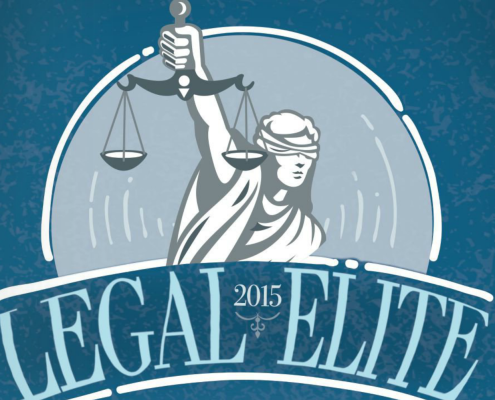Slotkin Law represents families, hospitals and other health care facilities in a wide variety of probate and fiduciary matters. We have deep experience helping clients navigate the complexities of will contests, trust litigation, guardianships and conservatorships.
 https://www.slotkinlawfirm.com/wp-content/uploads/2016/02/Screen-Shot-2016-02-08-at-11.26.42-AM.png
998
1298
Bobby Slotkin
http://slotkinlawfirm.com/wp-content/uploads/2017/07/slotkin-law-logo-whitewith-green.png
Bobby Slotkin2016-02-08 11:34:562016-02-08 11:34:56Bobby named "Legal Elite" by Georgia Trend magazine
https://www.slotkinlawfirm.com/wp-content/uploads/2016/02/Screen-Shot-2016-02-08-at-11.26.42-AM.png
998
1298
Bobby Slotkin
http://slotkinlawfirm.com/wp-content/uploads/2017/07/slotkin-law-logo-whitewith-green.png
Bobby Slotkin2016-02-08 11:34:562016-02-08 11:34:56Bobby named "Legal Elite" by Georgia Trend magazine